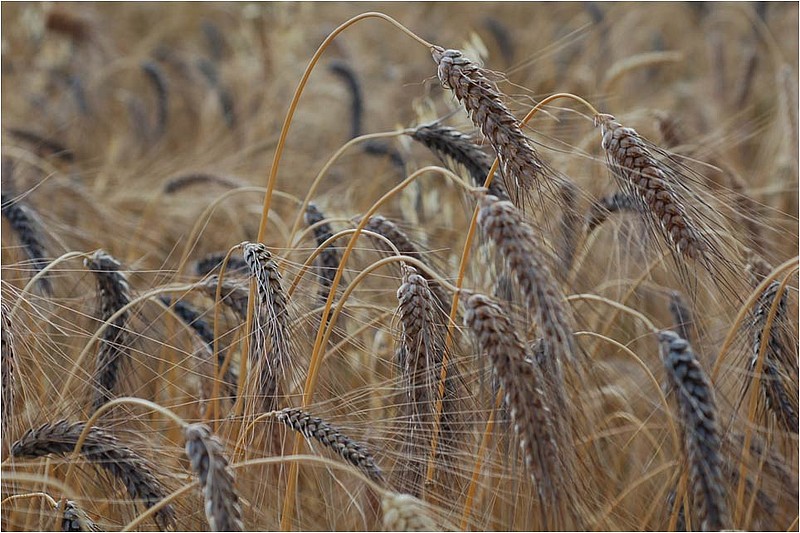
How to organise seed exchange, development and methods under changing conditions?
Organiser:
Csilla Kiss, Réseau Semences Paysannes (France) and Protect the Future (Hungary)
Moderator:
Heike Schiebeck, OeBV- Via Campesina Austria, International Commission Biodiversity andgenetic ressources of La Via Campesina
Speakers:
Guy Kastler, Reseau des Semence Paysanne, France
Salvadore Cecarelli, ICARDA, Syria
Bernd Horneburg, Department of Crop Sciences, University of Göttingen, germany
Patrice Gaudin de l’association Agrobio Périgord/Réseau Semences Paysannes, France
Outline:
Small-scale family farming cools off the world through practices like carbon stocking in the soil, grass-fed livestock raising, animal waste recycled for nourishing the soil, mobilising peasant labour, proximity agriculture and direct marketing, peasant-led forest management… For centuries peasants have been breeding cultivated plants based on their features of interest, diversity and variability by choosing and conserving a part of their harvest for the purposes of resowing it. In this manner they allowed plants to adapt to the diversity of geographic regions and climate change and ensured the renewal and expansion of cultivated biodiversity.
This work is now made impossible by the standardisation of breeding conditions carried out in laboratories. This development imposed the technological package of Green Revolutions, including nitrogenous agricultural fertilizers and energy-devouring mechanisation, destruction of the soil’s humus, run-off of waste from factory farming, transportation, etc., to the field, thus heating up the planet. Protecting the intellectual property rights of lines, clones and the multiplication of manipulated cells imposes their stabilisation and blocks all capacity of adaptation to changes.
By leaving laboratories for plant breeding carried out with and for peasants in the fields, researchers have made a stand for a living diversity and the future of our food rather than the immediate benefits of the industry. The successes of « participatory plant breeding » on all continents are confirming them in their decision: How to shift research’s current focus on deadly « biotechnologies » towards participatory plant breeding techniques, the source of life and the path of our future ?

